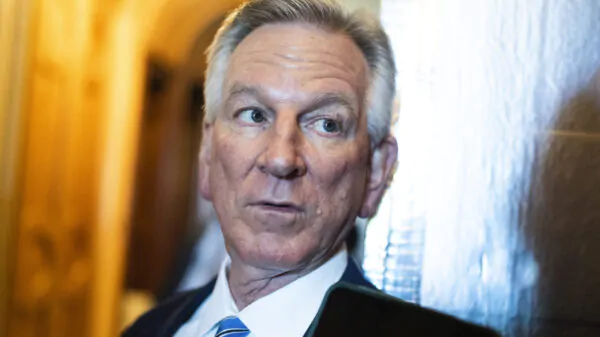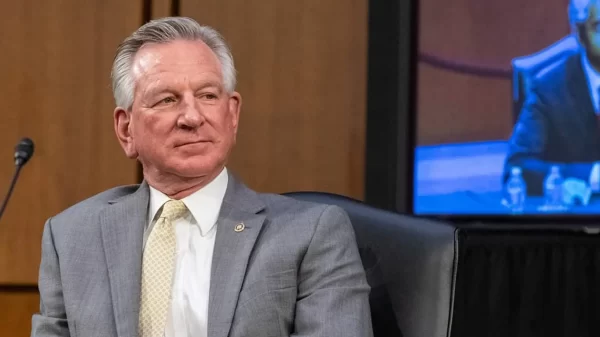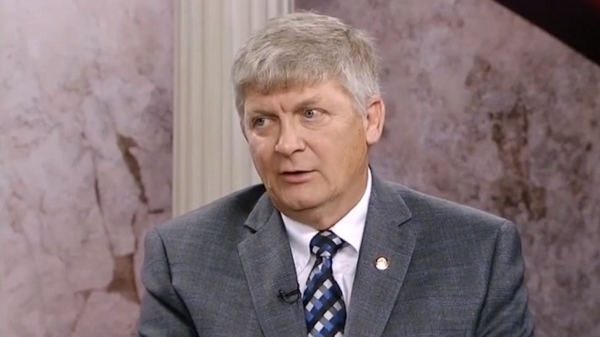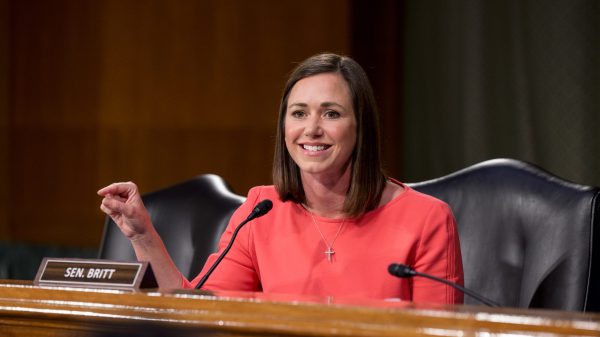In a historic move that could forever alter the landscape of Alabama’s gambling laws, the Alabama House of Representatives passed legislation giving voters an opportunity to approve casino gambling, sports wagering, and the establishment of a state lottery. This comprehensive gaming package now faces a critical hurdle in the Alabama Senate, where its future remains uncertain. Despite the Senate’s history of passing similar bills in previous sessions, the current bill seems to have hit a roadblock, lacking the necessary support to move forward.
At present, the bill garners approximately 17 or 18 affirmative votes, falling short of the 21 required for its passage. APR received a list of senators believed to be potential no votes on the Senate passage of the House bills, which included April Weaver, Sam Givhan, Jack Williams, David Sessions, Garland Gudger, Will Barfoot, Chris Elliott, Josh Carnley, Gerald Allen, Tom Butler, Lance Bell, Wes Kitchens, and Keith Kelly. These legislators remain divided, with some outright opposing the bill and others sitting on the fence, undecided on their final vote.
Alabama Political Reporter reached out to several of these senators for comment. Weaver expressed her reservations, stating she is withholding judgment until she sees the final version of the bill.
“I have not committed either way,” said Weaver in a text message. “And will not until I see the version we are voting on.”
Conversely, Elliott voiced a firm stance against the current measure passed by the House. Through a post on his X account, Elliott revealed a concerted effort among a group of senators to draft alternative legislation.
“A large group of Senators is working diligently to craft legislation which can pass the Senate & give voters the opportunity to vote on this issue. Changing our Constitution to allow gambling in Alabama is a serious matter and should be executed with care,” he stated in a message he had posted on X.
In a text to APR, he expressed his opposition to the House measure, writing, “Far from a no, just a no on what the House passed.”
Elliott’s remarks highlight a significant legislative standoff, with the House unwilling to entertain substantial alterations to its bill, thus jeopardizing the bill’s chances and the opportunity for a public referendum on gambling in Alabama. This impasse is further complicated by internal dynamics within the Senate, where some members seem to be playing a strategic game of shifting their opposition based on specific amendments or concessions.
The bill’s journey is further obstructed by external pressures, including formidable opposition from Alfa Insurance’s political arm and the Alabama Policy Institute, both of which have threatened political repercussions against any Republican senator supporting the bill. These entities, along with lobbyists representing out-of-state gaming interests and operators of illegal gaming facilities within the state, form a powerful coalition against the legislation.
Interestingly, Gov. Kay Ivey’s strong endorsement of the gaming package has not swayed some senators’ positions. Some senators have reportedly dismissed the governor’s influence, indicating a stark defiance against her administration’s preferences. “They are basically giving Gov. Ivey the finger,” said one senator.
This legislative battle underscores the complexities and challenges of enacting significant policy changes in Alabama. While the House has made a landmark decision to advance the gaming bill, the Senate’s response reflects contradictory factors that influence legislative outcomes. As the bill’s fate hangs in the balance, Alabama stands at a crossroads, with the potential for a dramatic shift in its stance on gambling laws.
Voters in the state have made their wishes quite clear—they want the opportunity to vote on gambling. All polling on the issue has found incredibly strong support—above 75 percent, even among Republican voters—for an opportunity to vote. That massive support likely explains the senators’ calculated and complicated maneuvers, as they try to appease special interests that threaten their political futures while also concealing from voters the fact that they’re denying their clear wishes.
























































